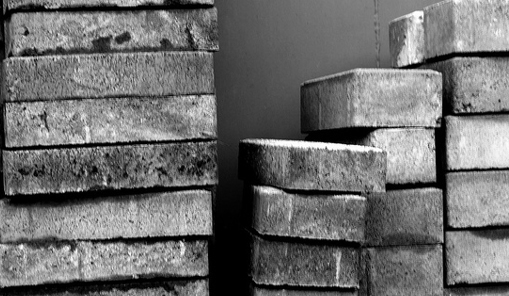We measure GDP, so why not housing affordability?
The housing market can be the difference between financial sustainability and a bust. It can cause forms of inequality to multiply or underpin an egalitarian strategy to reduce poverty. It can lift up a Chancellor’s career in office and help...
The housing market can be the difference between financial sustainability and a bust. It can cause forms of inequality to multiply or underpin an egalitarian strategy to reduce poverty. It can lift up a Chancellor’s career in office and help parties tune into the valuable politics of aspiration. Housing may in fact lay claim to being the most important issue facing the economy without a headline indicator to represent it.
It is unclear whether this state of affairs can be sustained. ‘Tell me something I don’t know’ is a natural response to the daily news cycle of stories about record level housing prices in Britain – but this doesn’t mean it is without profound consequences for the country’s future social and economic direction of travel. If a government wanted to be serious about expanding the suite of indicators it used to measure economic progress, it would include housing.
A recent Fabian report with the Barrow Cadbury Trust recommended that in measuring economic progress the next government should focus on housing affordability. It is too important to economic sustainability decent living standards to ignore. A measure of housing affordability would underpin a move towards using a new headline measure of progress: rising median household income.
In 1997 in England a median home had a value 3.6 times greater than moderate median earnings. By 2012 this ratio stood at over 6.5, having only dipped slightly after the financial crisis. In London the ratio moved from 3.9 to 9 between 1997 and 2011. Data for private rent has only recently become available, but the figures confirm an unsurprising trend of worsening affordability relative to average earnings in London.
These trends will store up problems for the future. With far more demand than supply, (particularly in the case of affordable homes for those who struggle to meet housing costs) many people are now priced out of homeownership. This is confirmed in recent figures on owner occupation, which show a decline in owner occupation, either outright or with a mortgage: a fall from 69 per cent of households in in England and Wales in 2001 to 64 per cent in 2011.
With rapidly increasing property prices, it would be an achievement just to stabilise the homeownership and rental affordability ratio. It would be better still if this measure were to decline. But unless politicians start to take some serious action on getting more houses built – private and affordable – even standing still might be the best we can hope for.

